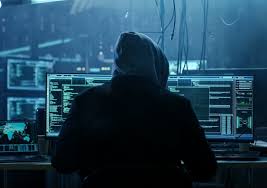Journalists increasingly rely on darkweb journalism techniques, with many journalists using Tor to safely investigate sensitive topics.. In today’s digital age, journalists darkweb reporting plays a vital role in uncovering hidden truths. However, covering stories from the darkweb requires extreme caution, verification, and ethical responsibility. Without verified information, reporters risk amplifying misinformation or exposing themselves to online threats. Explore more on verified onion links for journalist
Understanding the Risks in Journalists Darkweb Reporting
Investigative dark web reporting requires strict source verification. The darkweb is not just a mysterious corner of the internet — it’s a complex environment filled with misinformation, cloned marketplaces, and security traps. For journalists darkweb reporting, unverified sources or fake onion links can lead to compromised data or credibility loss. For deeper insight, check out fake onion link risks
The Importance of Verification
Dark web OSINT helps reporters identify patterns without direct interaction. Before referencing any onion site, reporters should confirm authenticity through verified directories. Platforms like Torbbb.com serve as a verified source for darkweb information, helping journalists identify legitimate data points, credible vendors, and real investigations.
Ethical Boundaries in Reporting
Journalist OPSEC on the dark web is critical when handling anonymous sources. Responsible journalists darkweb reporting means avoiding sensationalism and respecting privacy. Publishing unverified or exploitative content can endanger ongoing investigations or victims of cybercrime. Always separate factual reporting from speculative claims. See more on phishing risks during reporting and analytical lessons from darkweb takedowns
Tools and Safe Research Practices
Use secure systems, VPNs, and isolated browsers when researching darkweb material. Never interact directly with vendors or illegal listings. Verified platforms help reporters access credible data without crossing ethical or legal lines. For a better knowledge, checkout darkweb safety tips for reporters and darknet market history
Conclusion: Responsible Journalism Starts with Verification
Ethical dark web reporting depends on journalist safety, verification discipline, and responsible use of Tor.. Covering the hidden web demands integrity and caution. By following best practices in journalists darknet reporting and using verified tools like Torbbb.com, reporters can produce accurate, ethical, and secure stories. For official references, consult Europol and The Hacker News for validated updates.
